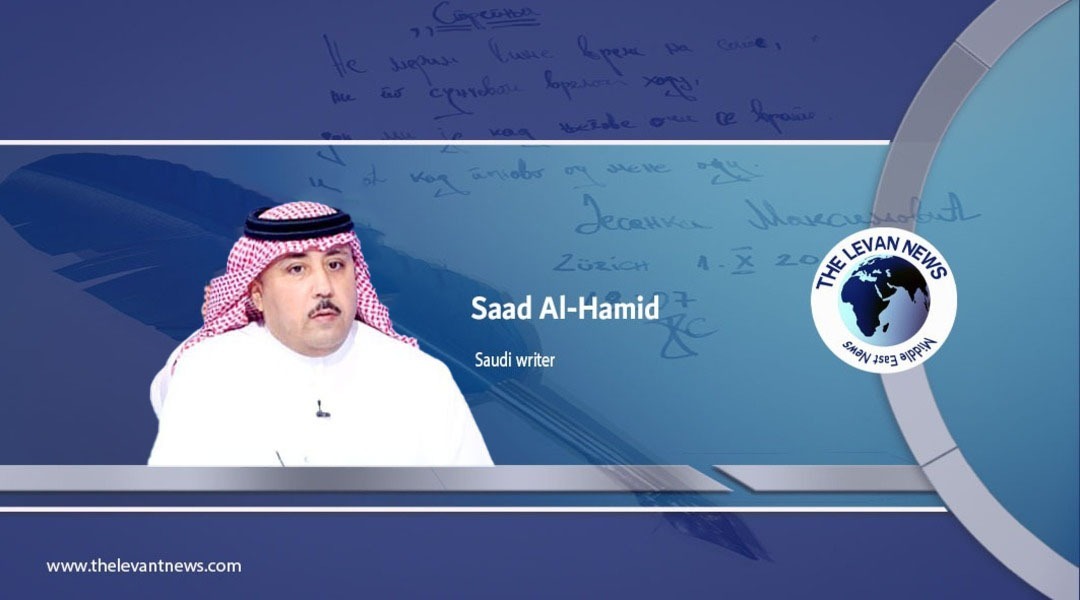-
Shanghai Cooperation Summit and messages of new world order

The Shanghai Cooperation Organization was established in 1996 out of five state members; China, Kazakhstan, Kyrgyzstan, Russia and Tajikistan. In 2001, India, Pakistan, Brazil and Uzbekistan joined it. A charter for the organisation was adopted in 2002. Azerbaijan, Turnkey and Armenia joined it and finally Iran at the summit which was held two days ago in Uzbekistan.
The organisation is a place where its members cooperate politically economically and in terms of security. It is not an alliance like NATO, but it may compete with other Western organisations in one way or another. The members face challenges & security risks and enhance commercial, economic, cultural and educational integration. As well, They face climate changes, support peace, security and stability and combat extremism, terrorism and organised crime. The final statement of the last summit confirmed this. However, the current international events had cast a shadow over the principles of the organisation, especially since some of its members are under US sanctions in addition to the repercussions of the geopolitical and geo-economic conflict between Washington, Russia and China in the China Sea, the Mediterranean Sea and Crimea. Perhaps the Russian-Ukrainian war and its repercussions in terms of providing unprecedented military support to Ukraine from Washington and European countries and the
unprecedented economic pressures that affected all Russian economic aspects, including Russian oil tightened the noose around Russia militarily and economically as Ukraine progressed on the ground and made a big difference in the Russian-Ukrainian war, the thing that made Russian President Vladimir Putin tries to establish greater strategic relations in Asia to reduce these pressures. On the other hand, the USA angers China with its support for Taiwan's independence through the numerous visits of US officials to Taiwan, the last of which was the visit of US House Speaker Nancy Pelosi, which Beijing considered interference in China's internal affairs, the thing that created greater harmony and coordination between Russia and China, which was clear in China's support for Russia's position in its war against Ukraine and its recent military exercises with China. In addition, this summit comes ahead of the
scheduled meeting of the Chinese Communist Party, which may enhance the opportunity for Chinese President Jinping to be elected for another term. The accession of Tehran, which is also under US sanctions and has strategic relations with Russia and China, helps to form a united front against Washington, especially in light of the negotiations to revive the Iranian nuclear deal, the exchange of accusations between Washington, the West and Tehran that Iran is not honest about restoring the nuclear programme, the fears of the deterioration of the health condition of Leader Khamenei and its impact on the Iranian regime in the future. All of these made the summit
important and the messages sent by the Russian and Chinese presidents about the necessity of a new, balanced world order that ends any hegemony over the world order and enhances the role of the organisation to create a balance for a different world order. The accession of Turkey was very important because Turkey is a geographical meeting point
between the East and the West and it achieves more progress in many fields including economy, security, energy, agriculture and tourism, the thing that also enhances the strength of the organization. "The world order that was established after WWII has lost its ability to solve crises," said the Turkish President.
This may mean that Turkey implicitly agrees with the need for the existence of a new multi-polar world order. Will the Shanghai Organisation succeed in forming a really different world order?

By: Saad al-Hamid
You May Also Like
Popular Posts
Caricature
BENEFIT Sponsors BuildHer...
- April 23, 2025
BENEFIT, the Kingdom’s innovator and leading company in Fintech and electronic financial transactions service, has sponsored the BuildHer CityHack 2025 Hackathon, a two-day event spearheaded by the College of Engineering and Technology at the Royal University for Women (RUW).
Aimed at secondary school students, the event brought together a distinguished group of academic professionals and technology experts to mentor and inspire young participants.
More than 100 high school students from across the Kingdom of Bahrain took part in the hackathon, which featured an intensive programme of training workshops and hands-on sessions. These activities were tailored to enhance participants’ critical thinking, collaborative problem-solving, and team-building capabilities, while also encouraging the development of practical and sustainable solutions to contemporary challenges using modern technological tools.
BENEFIT’s Chief Executive Mr. Abdulwahed AlJanahi, commented: “Our support for this educational hackathon reflects our long-term strategic vision to nurture the talents of emerging national youth and empower the next generation of accomplished female leaders in technology. By fostering creativity and innovation, we aim to contribute meaningfully to Bahrain’s comprehensive development goals and align with the aspirations outlined in the Kingdom’s Vision 2030—an ambition in which BENEFIT plays a central role.”
Professor Riyadh Yousif Hamzah, President of the Royal University for Women, commented: “This initiative reflects our commitment to advancing women in STEM fields. We're cultivating a generation of creative, solution-driven female leaders who will drive national development. Our partnership with BENEFIT exemplifies the powerful synergy between academia and private sector in supporting educational innovation.”
Hanan Abdulla Hasan, Senior Manager, PR & Communication at BENEFIT, said: “We are honoured to collaborate with RUW in supporting this remarkable technology-focused event. It highlights our commitment to social responsibility, and our ongoing efforts to enhance the digital and innovation capabilities of young Bahraini women and foster their ability to harness technological tools in the service of a smarter, more sustainable future.”
For his part, Dr. Humam ElAgha, Acting Dean of the College of Engineering and Technology at the University, said: “BuildHer CityHack 2025 embodies our hands-on approach to education. By tackling real-world problems through creative thinking and sustainable solutions, we're preparing women to thrive in the knowledge economy – a cornerstone of the University's vision.”
opinion
Report
ads
Newsletter
Subscribe to our mailing list to get the new updates!





















